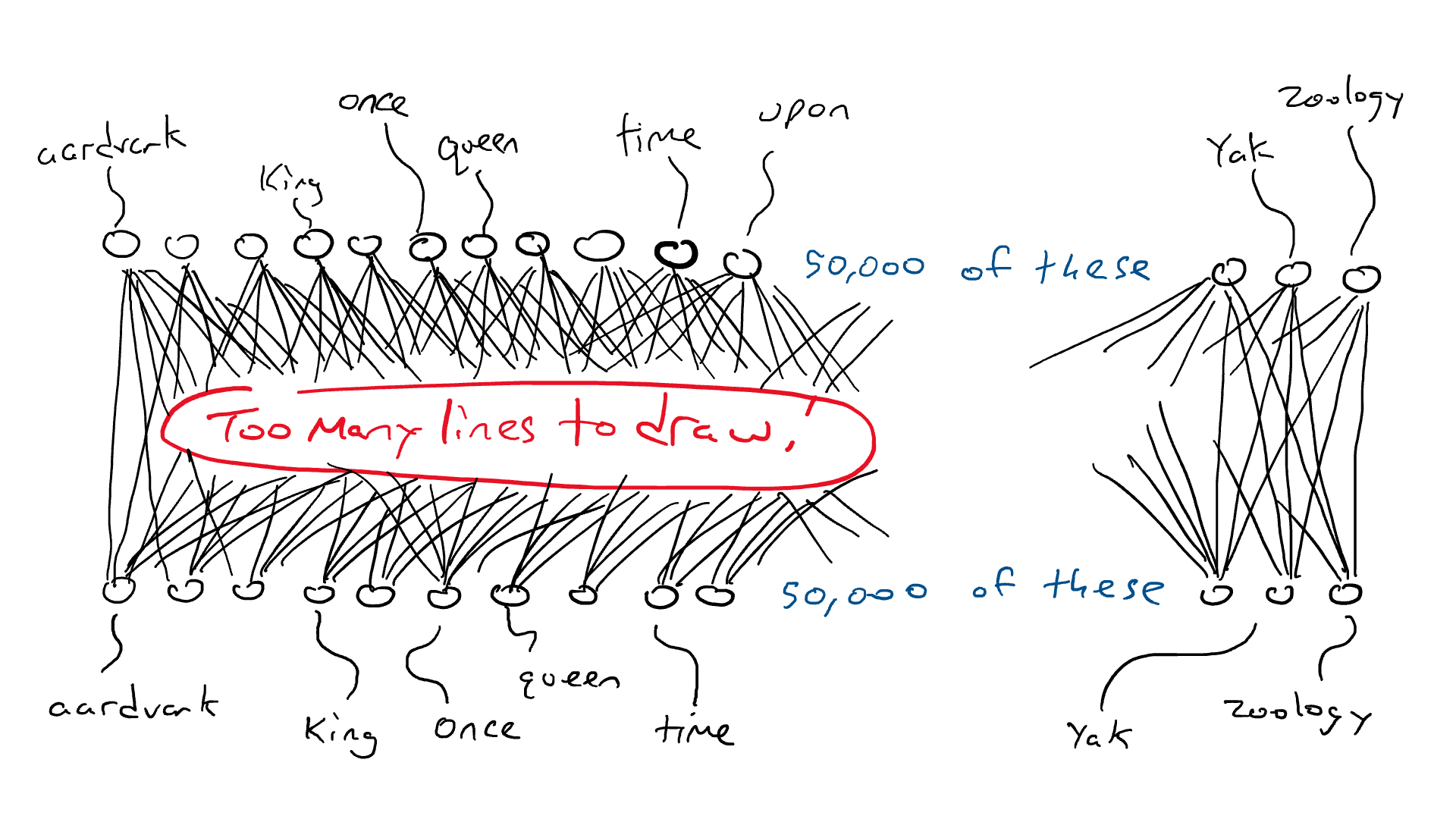
Have you ever read a poem and felt a sudden shift, a change in direction, tone, or even subject? This captivating moment, a rhetorical shift, is likely a volta, a poetic device with the power to transform a poem's trajectory and resonate deeply with the reader. This exploration delves into the meaning of the volta in English language poetry, its origins, and its crucial role in shaping poetic expression.
In its simplest form, a volta is a turn or turning point in a poem. It's where the poem pivots. This turning point often involves a change in emotion, thought, or argument. It's like a hinge in the poem, connecting two seemingly disparate parts into a cohesive whole. The volta is not merely a change; it's a deliberate shift that adds depth and complexity to the poem’s overall meaning. Understanding the volta helps us appreciate the intricacies and artistry of poetry.
The volta's history is deeply entwined with the evolution of sonnet forms, particularly the Italian or Petrarchan sonnet. In this structure, the volta traditionally occurs between the octave (the first eight lines) and the sestet (the final six lines). The octave often sets up a problem, question, or theme, while the sestet offers a solution, answer, or reflection. This structural shift is mirrored by the volta, creating a powerful moment of transition and revelation. Later, the Shakespearean or English sonnet adopted the volta, typically placing it before the final couplet, creating a concise and impactful ending.
The volta's significance lies in its ability to create dramatic tension and offer a moment of clarity or epiphany. It allows poets to explore contrasting ideas, emotions, or perspectives, leading the reader on a journey of discovery. A well-placed volta can elevate a poem from a simple expression to a complex exploration of the human experience. Think of it as the moment of realization in a story, the point where everything clicks into place.
A common misconception is that a volta is always a dramatic shift. While it can be a sharp turn, it can also be a subtle shift in perspective or tone. The key is that it marks a significant change in the poem’s direction, prompting the reader to reconsider what has come before in light of this new understanding.
Examples of voltas can be found in countless poems. In Shakespeare's Sonnet 18 ("Shall I compare thee to a summer's day?"), the volta appears in the ninth line ("But thy eternal summer shall not fade"). Here, the poem shifts from comparing the beloved to the fleeting beauty of summer to declaring their eternal beauty in verse. This turn emphasizes the power of poetry to immortalize beauty. Another example can be seen in John Milton's "When I consider how my light is spent," where the volta occurs in the ninth line ("Doth God exact day-labour, light denied?"). This shift introduces a question of faith and purpose, leading to the concluding acceptance of God's will.
One benefit of using voltas is the enhanced emotional impact they create. This sudden shift in direction can surprise and engage the reader, making the poem more memorable. Another benefit is the volta’s ability to create layers of meaning within a poem. By juxtaposing contrasting ideas or emotions, the volta adds depth and complexity to the overall message.
Recognizing a volta involves looking for shifts in tone, subject matter, or rhyme scheme. Consider the overall structure of the poem and how the different parts relate to each other. Look for words like "but," "yet," "however," or "then," which often signal a change in direction. Practice reading poems aloud, paying attention to the natural pauses and shifts in emphasis, which can help identify the volta.
Advantages and Disadvantages of Using Voltas
| Advantages | Disadvantages |
|---|---|
| Creates dramatic tension and surprise | Can feel forced or artificial if not executed well |
| Adds depth and complexity to the poem's meaning | Can disrupt the flow of the poem if poorly placed |
| Enhances emotional impact and memorability | Can be challenging for beginners to master |
Frequently Asked Questions:
1. What is a volta in a poem? A volta is a turning point or shift in a poem.
2. Where does the volta occur in a sonnet? Typically, in the Italian sonnet, it's between the octave and sestet, and in the Shakespearean sonnet, before the final couplet.
3. How do I identify a volta? Look for changes in tone, subject, or rhyme scheme.
In conclusion, the volta is a powerful poetic device that can transform a simple poem into a complex and engaging exploration of human experience. By understanding its function and recognizing its presence in poetry, we can deepen our appreciation for the artistry of language and the power of poetic expression. Exploring the use of voltas in your own writing can add depth and resonance to your work, allowing you to connect with your readers on a deeper level. The volta invites us to embrace the unexpected turns and shifts in life, reminding us that even in moments of change, there is beauty and meaning to be found.
Unlocking affordable luxury victorias secret sales
Unlocking hudson countys real estate secrets
Yellows nemesis the secret language of color













